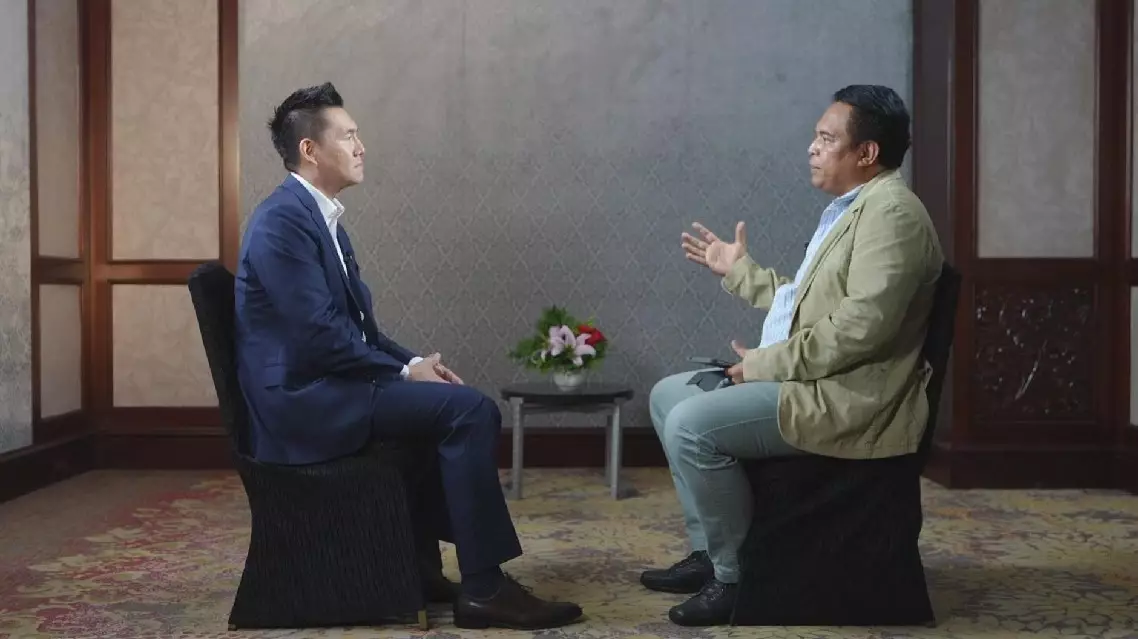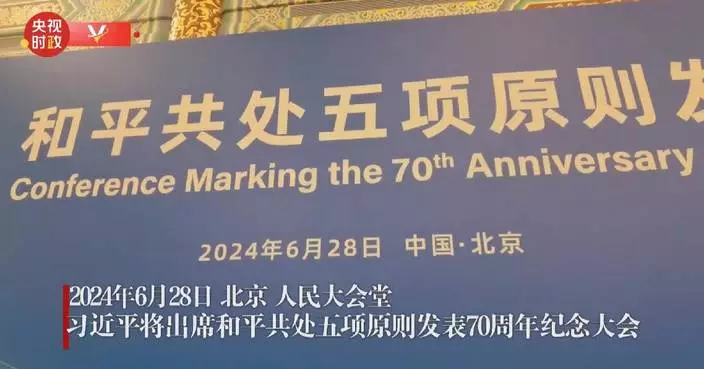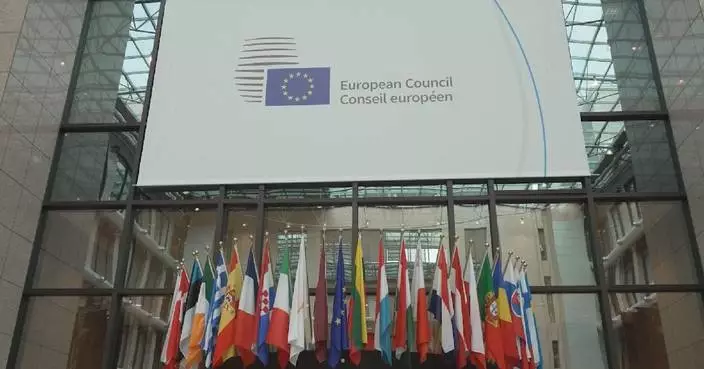Chinese President Xi Jinping has underscored the ecological conservation and high-quality development of the Yellow River basin during an inspection tour in northwest China's Ningxia Hui Autonomous Region.
Xi, also general secretary of the Communist Party of China (CPC) Central Committee and chairman of the Central Military Commission, came to Ningxia on Wednesday after wrapping up his inspection in Qinghai Province.
On Thursday morning, Xi was briefed by the Ningxia regional committee of the CPC and the regional government on their work, and acknowledged their achievements.
Noting that Ningxia boasts unique geographic conditions and resources, Xi said the region should follow a distinctive and differentiated development path.
Ningxia should develop modern coal chemical and new materials industries, clean energy industries including wind, photovoltaic and hydrogen power, as well as its specialty industries of wine and goji berries, Xi said.
He called for more efforts to integrate scientific and technological innovation and industrial innovation, and develop new quality productive forces in light of local conditions.
Ningxia should continue to deepen the reform of state-owned capital and enterprises, facilitate the growth of the private sector, and improve the business environment, Xi said.
Xi called on the region to actively participate in the Belt and Road cooperation and the construction of the New International Land-Sea Trade Corridor, and enhance trade and economic cooperation with Arab states.
Ningxia should adopt the strictest possible management system for water resources, and strive to protect the ecosystem in the areas of the meandering bends of the Yellow River, Xi underlined.
The Yellow River, China's second-longest river, is deemed the country's "mother river." It originates from the Qinghai-Xizang Plateau and runs through the Loess Plateau, flowing about 5,464 km through Ningxia and eight other provincial-level regions.
Xi demanded concerted efforts to achieve common prosperity for people of all ethnic groups, and solid measures to ensure job opportunities for college graduates, migrant workers, and veterans.
He emphasized advancing the integrated development of both urban and rural areas and advancing rural revitalization across the board.
Xi also underlined governing ethnic affairs in accordance with the law, and building an ethnically integrated society.
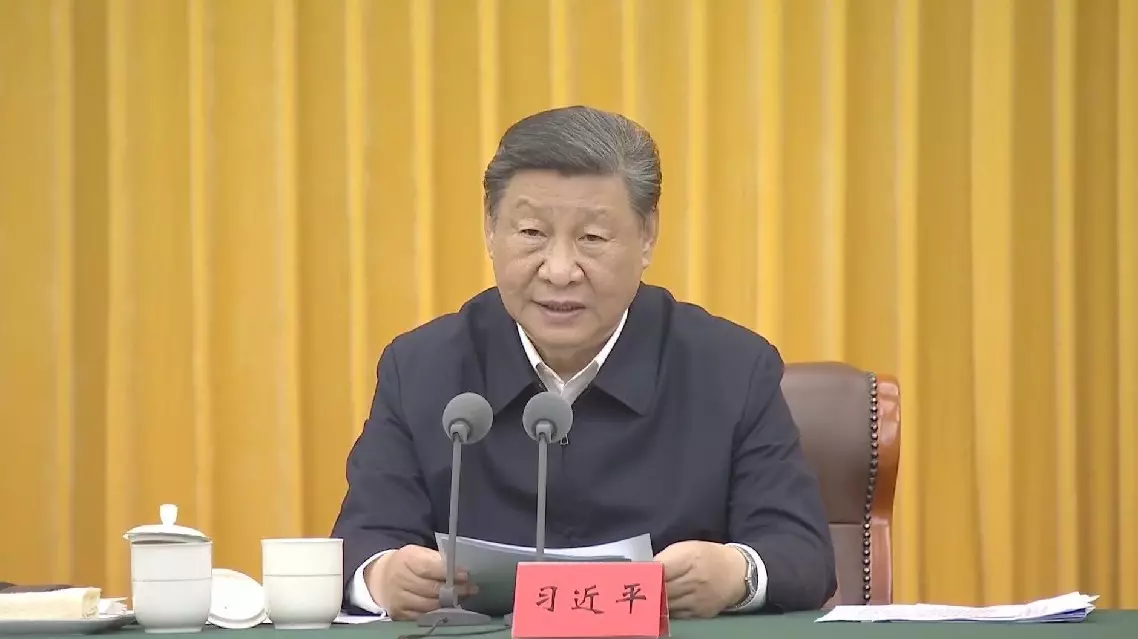
Xi stresses Yellow River basin ecological conservation, high-quality development
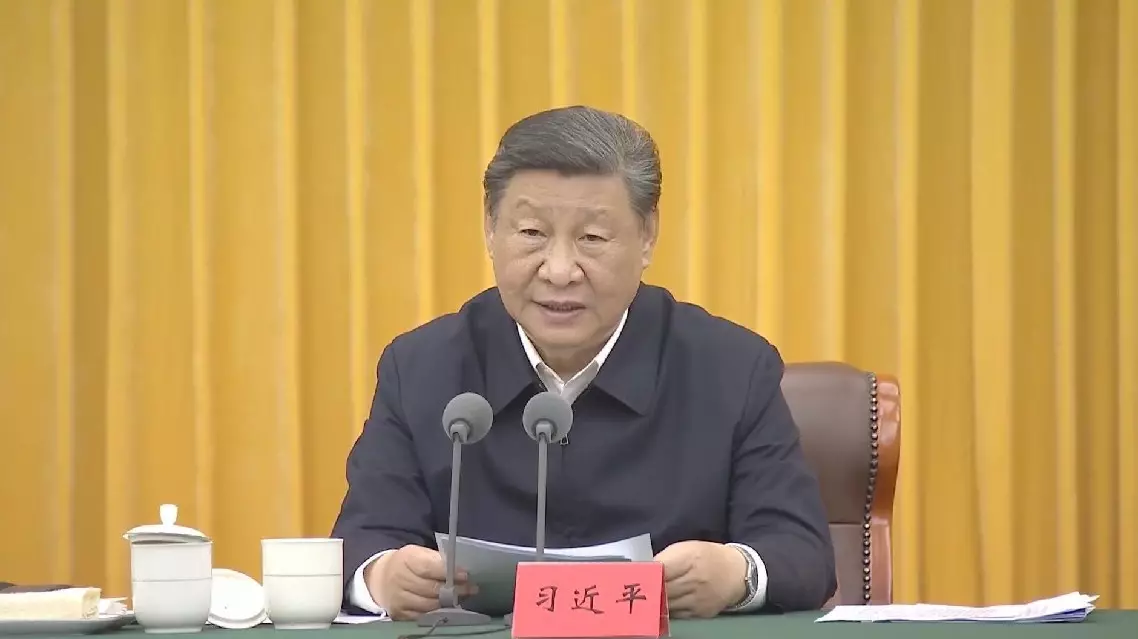
Xi stresses Yellow River basin ecological conservation, high-quality development


